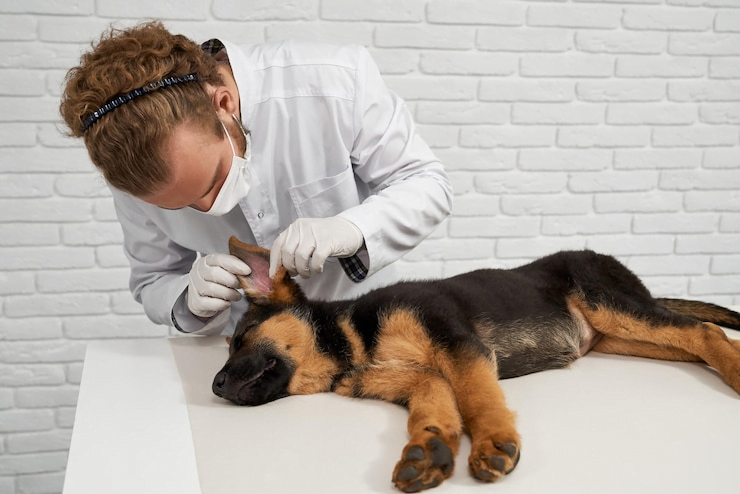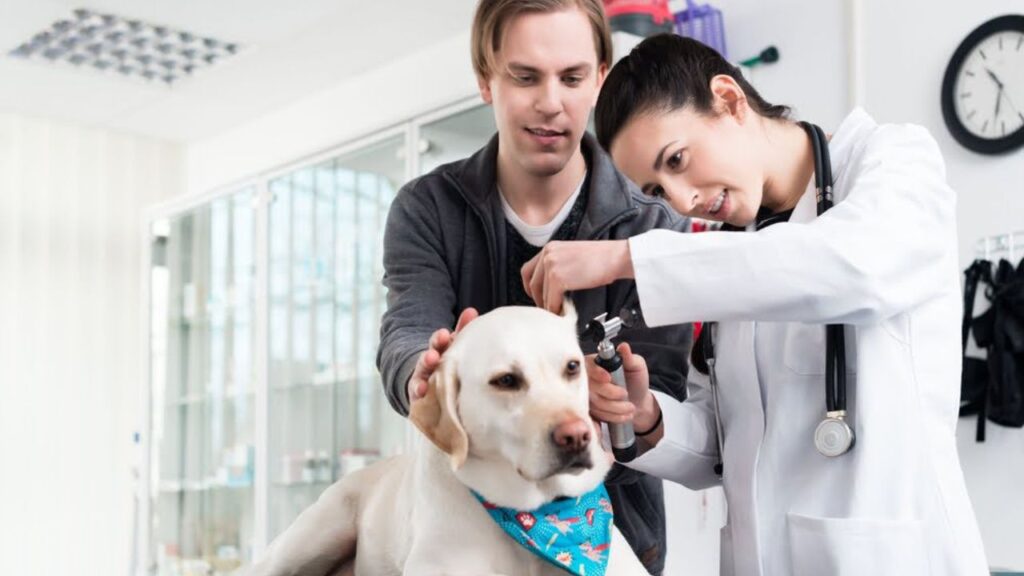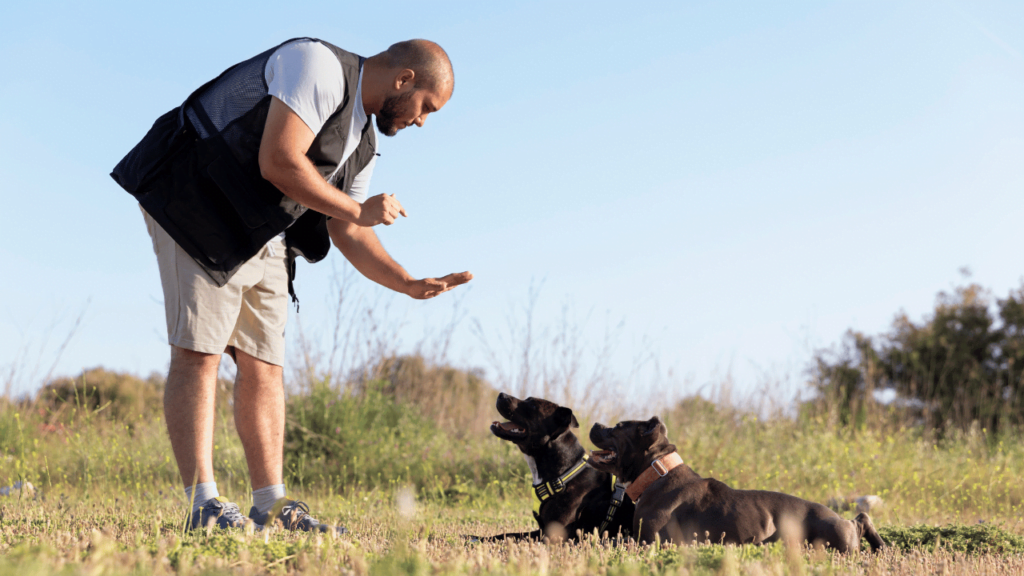Neutering is a significant step in your dog’s life, and proper post-neuter care is crucial for a smooth recovery. Whether you’re a seasoned dog owner or just welcoming a new furry friend, the intricacies of post-neuter care can make a difference in your pet’s health and happiness.
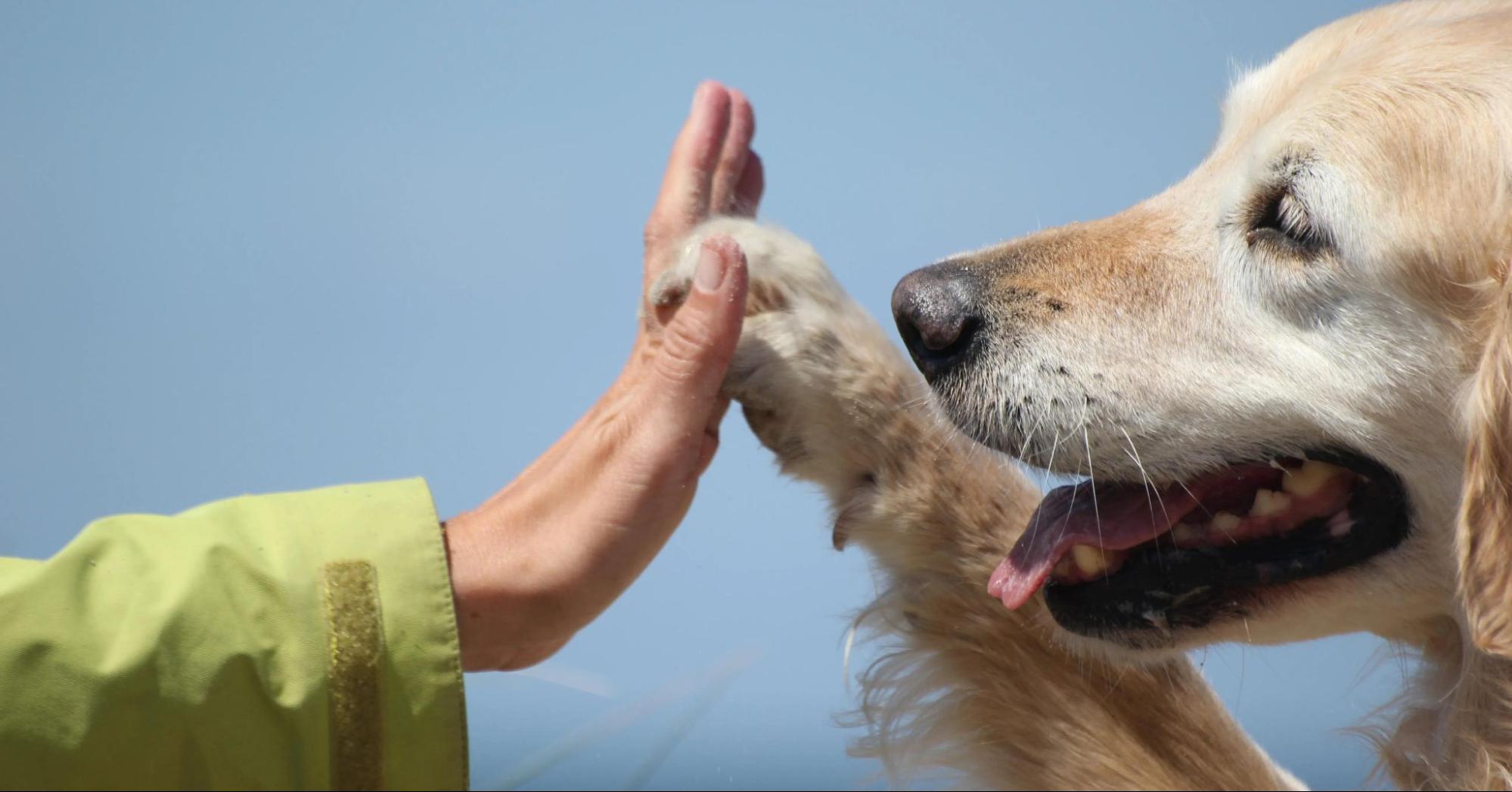
In this guide, we’ll break down everything you need to know about caring for your dog after neutering, bust common myths, and highlight the critical role neutering plays in the life of guide dogs, Post Neuter Dog Care.
The Ultimate Guide To Dog Care After Neutering
Caring for your dog after neutering can be daunting, but it doesn’t have to be. This guide will equip you with all the essential knowledge to ensure your pet’s recovery is smooth and stress-free. You’ll learn about neutering, its benefits, and practical post-surgery care tips. We’ll also debunk some common myths and explore the importance of neutering within the context of guide dogs.
By the end of this guide, you’ll feel confident in your ability to provide the best care for your neutered dog, ensuring its health and well-being. Essential Post Neuter Dog Care tips: recovery, diet, activity restrictions, and overall health to ensure your pet heals safely.
The Process of Neutering What to Expect
Neutering, also known as castration for males or spaying for females, is a surgical procedure that removes the reproductive organs. A veterinarian typically performs it, which involves general anesthesia.
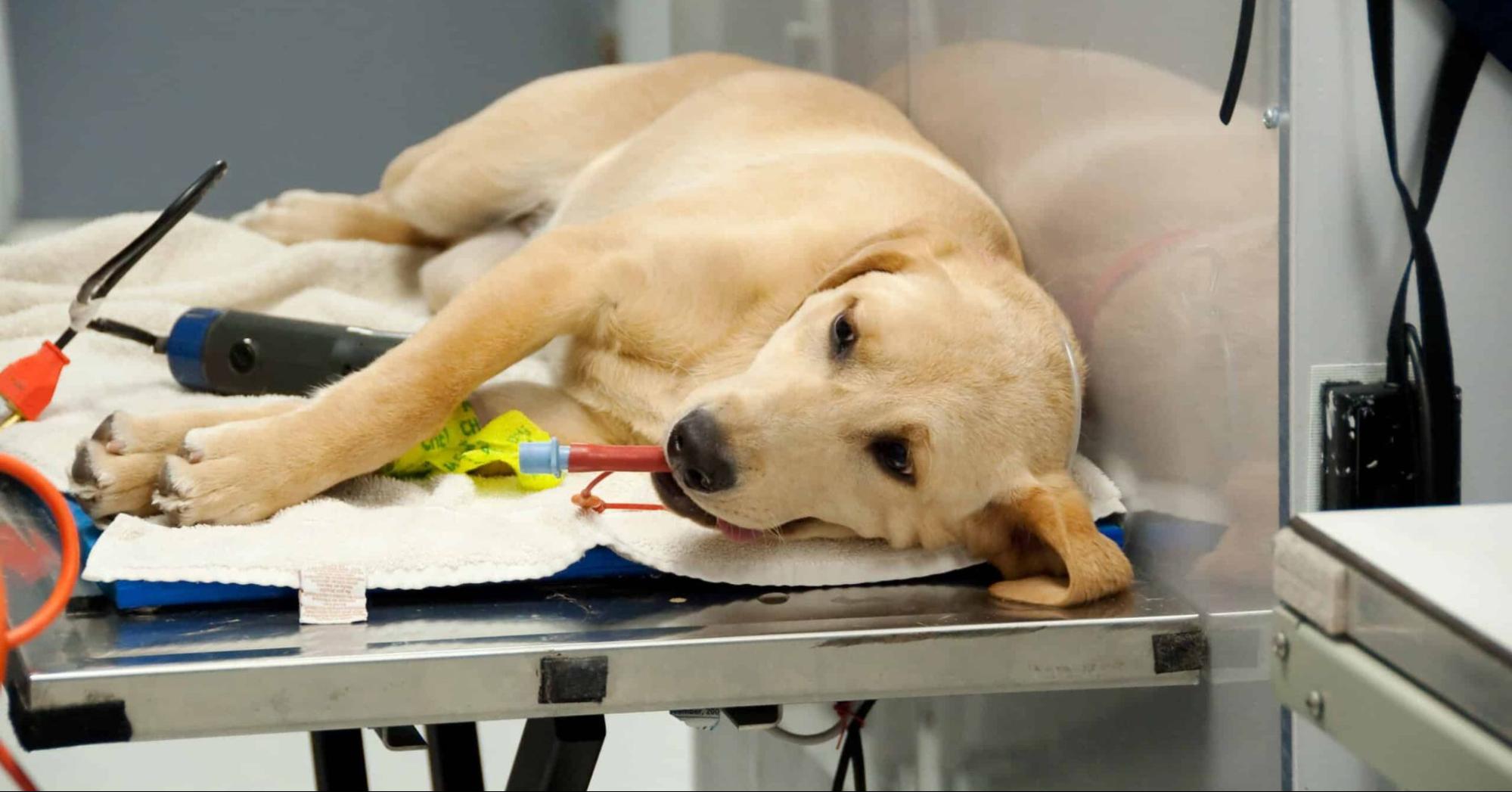
- Pre-Surgery Preparation: Before the surgery, your vet will provide specific instructions, such as fasting your dog for a certain period. Ensure you follow these guidelines to avoid complications during the procedure.
- The Surgery: The surgery is straightforward and usually takes about 30 minutes to an hour. Male dogs undergo castration, involving the removal of the testicles, while female dogs undergo spaying, involving the removal of the ovaries and usually the uterus.
- Post-Surgery: After the surgery, your dog will need some time to recover from the anesthesia. Most vets will keep your dog for a few hours or overnight for observation.
Benefits of Neutering on Your Dog’s Health and Behavior
Neutering offers numerous health and behavioural benefits that can significantly improve your dog’s quality of life.
- Health Benefits: Neutering reduces the risk of certain cancers and infections. For males, it eliminates the risk of testicular cancer and decreases the likelihood of prostate issues. For females, spaying reduces the risk of ovarian and uterine cancers and eliminates the risk of pyometra, a potentially fatal uterine infection.
- Behavioural Benefits: Neutering can help reduce unwanted behaviours such as aggression, marking territory, and roaming. These changes can lead to a calmer and more manageable pet.
- Longevity: Studies have shown neutered dogs live longer than their unneutered counterparts. This is partly due to the reduced risk of certain diseases and injuries from roaming and fighting.
Post-Neutering Care Tips For a Smooth Recovery
Proper post-neutering care is essential for a quick and smooth recovery. Follow these tips to ensure your dog heals properly.
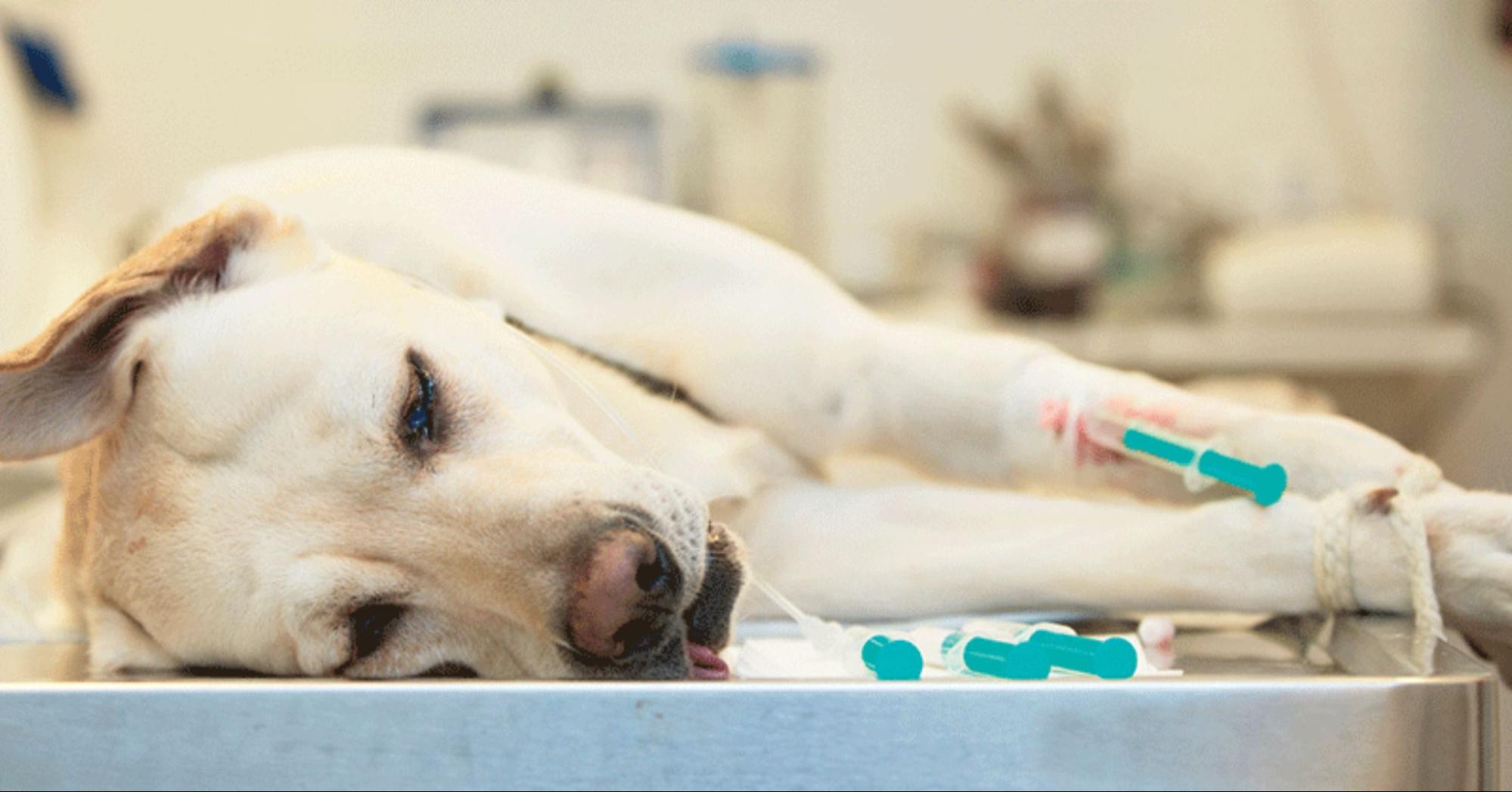
- Rest and Restriction: Keep your dog calm and limit its physical activity for at least a week after surgery. Avoid stairs, jumping, and vigorous play to prevent any strain on the surgical site.
- Monitor the Incision: Check the incision site daily for signs of infection, such as redness, swelling, or discharge. Keep the area clean and dry, and prevent your dog from licking or biting the incision. An e-collar can be helpful in this regard.
- Pain Management: Your vet will likely prescribe pain medication to help manage discomfort. Follow the dosage instructions carefully, and never give your dog over-the-counter pain relievers that the vet does not prescribe.
Common Myths and Facts About Neutering
Many myths surround neutering, which can confuse pet owners. Here, we separate fact from fiction.
Myth: Neutering will make my dog overweight.
Fact: Neutering does not directly cause weight gain. However, it can reduce your dog’s activity level, so adjusting its diet and exercise is essential.
Myth: Neutering changes a dog’s personality.
Fact: Neutering can reduce certain hormone-related behaviours, but it doesn’t change your dog’s fundamental personality. Your dog will still be the same loving companion.
Myth: Neutering is too risky.
Fact: Neutering is a standard procedure that vets perform regularly. While all surgeries carry some risk, the benefits of neutering far outweigh the potential risks when performed by a qualified veterinarian.
The Role of Neutering in The Context of Guide Dogs
Neutering plays a crucial role in the training and effectiveness of guide dogs. Here’s why:
- Focus and Training: Neutered dogs are generally more focused and less distracted by other dogs, making them better candidates for the intensive training required to become guide dogs.
- Health and Longevity: The benefits of neutering ensure that guide dogs remain healthy and active throughout their service years. This longevity is crucial for maintaining the bond and trust between the guide dog and its handler.
- Behavioural Stability: Neutered guide dogs exhibit more stable and predictable behaviour, essential for assisting individuals with disabilities.
Conclusion
Neutering your dog is an essential aspect of responsible pet ownership. It offers numerous health and behavioural benefits to your dog’s overall well-being. Proper post-neutering care is crucial for a smooth recovery, and understanding the facts can dispel common myths and misconceptions.
Neutering is even more critical for those training guide dogs. It ensures that the dogs remain healthy, focused, and effective in their roles.
Following the tips and advice in this guide ensures that your neutered dog enjoys a happy, healthy, and fulfilling life. If you need more personalized advice or additional resources, don’t hesitate to contact veterinary professionals or dog care experts.
FAQ
What do I need to know to take care of a dog?
To care for a dog, you need to understand their dietary needs, exercise requirements, grooming needs, socialization, and basic training.
How Long Can You Leave A Dog Alone?
It depends on the dog’s age, breed, and temperament. Adult dogs can generally be left alone for 4-6 hours, while puppies need more frequent breaks.
What Supplies Are Needed To Take Care Of A Dog?
Essential supplies include food and water bowls, a comfortable bed, collar and leash, grooming tools, toys, and appropriate cleaning supplies.
How Often Should You Brush Your Dog’s Teeth?
Ideally, it would help if you brushed your dog’s teeth daily using a toothbrush and toothpaste specifically designed for dogs. If daily, Aimeast several times a week.
How Do if daily isn’t possible I Toilet Train My Dog?
Start by establishing a routine for feeding and bathroom breaks. Use positive reinforcement when they go outside and supervise closely indoors. Consistency and patience are essential to successful toilet training.



